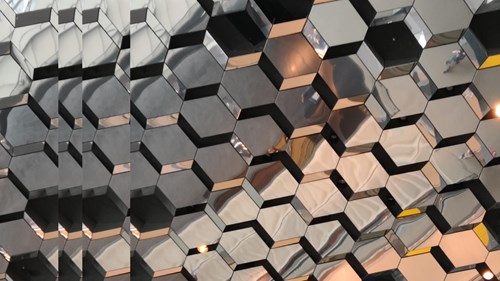Noerr achieves landmark decision for luxury cosmetics manufacturers – Düsseldorf Higher Regional Court prohibits the distribution of grey market goods
Represented by Noerr, Japanese luxury cosmetics manufacturer Kanebo has successfully stopped the distribution of grey market goods. The Düsseldorf Higher Regional Court (Oberlandesgericht – OLG) upheld an interim injunction which had been issued in favour of Kanebo, prohibiting the retail chain real,- Europe-wide from offering Kanebo luxury cosmetics for sale in its online shop at www real de or in its brick and mortar stores. With this landmark decision, a higher German court has, as far as can be seen, for the first time recognised that manufacturers of luxury goods can put a halt to the sale of grey market goods if their products are sold in an environment damaging to their reputation and image (case no. I-20 U 113/17).
Kanebo had taken action against the resale of genuine “Sensai” and “Kanebo” products at real,-, seeking protection not only against their sale in brick and mortar shops, but also against their sale on the website www real de. The Düsseldorf Higher Regional Court responded by imposing a ban on the distribution of Kanebo cosmetics for both real,- online shops and brick and mortar stores which applies throughout Europe. This is noteworthy as it is usually not possible due to the “principle of exhaustion” to prohibit the resale of genuine products which a manufacturer, as in this case, placed on the EU market itself. Exceptions to this rule are made in German and European trademark law only within narrow limits.
The Düsseldorf Higher Regional Court has now assumed such an exception for cases where luxury cosmetics which are otherwise traded only in selective distribution systems governed by strict rules are sold in an environment which damages their reputation and image. So far, German courts have generally assumed such exceptions from the principle of exhaustion only where the physical condition of the relevant goods had been altered or impaired. The Düsseldorf Higher Regional Court now considered it to be damaging to the reputation that (physically unaltered) Kanebo luxury cosmetics were offered for sale on www real de and in real,- brick and mortar stores because both online and offline that environment was not in the least comparable to the luxurious environment where the goods are usually offered for sale. The court in particular considered it to be damaging to the reputation that the luxury cosmetics were sold between goods of all kinds.
In the grounds of the decision, the Düsseldorf Higher Regional Court also referred to the Coty judgment recently handed down by the European Court of Justice (ECJ). The ECJ had confirmed in that decision that the luxury image of a trademark and of the goods so labelled can merit protection and may also justify online distribution being prohibited.
The judgment is final. The only thing that real,- can still achieve is a court imposing an obligation on Kanebo to institute proceedings on the merits of the case.
Kanebo was represented by Munich trademark and distribution expert Janina Voogd.
Advisors to Kanebo Cosmetics Deutschland GmbH: Noerr LLP
Janina Voogd, LL.M. (Cape Town), Dr Ralph Nack (both IP, Munich)








.jpg?t=a-s&arw=16&arh=9&arm=focuspoint&w=500)

